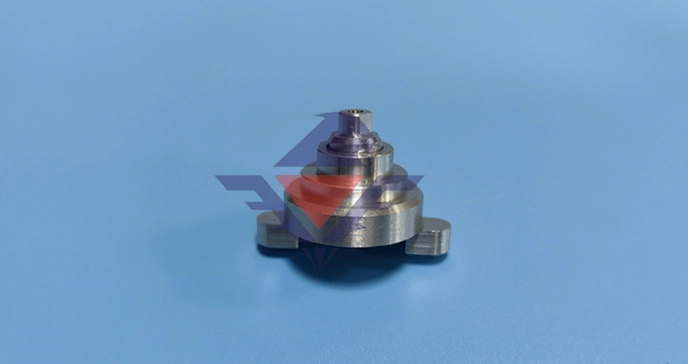
# Precision Swiss Screw Machining for Complex Components
## What is Swiss Screw Machining?
Swiss screw machining is a specialized manufacturing process that enables the production of highly precise, small-diameter components with tight tolerances. Originating in Switzerland during the late 19th century, this technique was initially developed for watchmaking but has since evolved to serve various industries requiring intricate parts.
Keyword: Swiss Screw Machining
## The Advantages of Swiss Screw Machining
### 1. Exceptional Precision
Swiss screw machines offer unparalleled accuracy, capable of maintaining tolerances as tight as ±0.0002 inches (0.005 mm). This level of precision makes them ideal for critical components in industries like aerospace, medical devices, and electronics.
### 2. High Production Efficiency
These machines can perform multiple operations simultaneously, significantly reducing cycle times. The sliding headstock design allows for continuous feeding of bar stock, enabling uninterrupted production runs.
### 3. Superior Surface Finish
Swiss machining produces components with excellent surface finishes, often eliminating the need for secondary finishing operations. This results in cost savings and faster turnaround times.
## Key Applications of Swiss Screw Machining
– Medical implants and surgical instruments
– Aerospace fasteners and fittings
– Electronic connectors and pins
– Automotive fuel injection components
– Watch and clock mechanisms
## The Swiss Screw Machining Process
The process begins with feeding a bar stock through a guide bushing. As the material is fed, various tools mounted on the machine’s tooling stations perform cutting, drilling, threading, and other operations simultaneously. The close proximity of the cutting tools to the guide bushing minimizes deflection, ensuring exceptional accuracy.
## Material Capabilities
Swiss screw machines can work with a wide range of materials, including:
Material Type | Common Applications
Stainless Steel | Medical devices, aerospace components
Titanium | Implants, high-strength applications
Brass | Electrical connectors, plumbing fittings
Aluminum | Lightweight components, heat sinks
Plastics | Insulators, non-conductive parts
## Choosing the Right Swiss Machining Partner
When selecting a Swiss screw machining provider, consider these factors:
– Experience with similar components
– Quality certifications (ISO, AS9100, etc.)
– Material expertise
– Secondary service capabilities
– Prototyping and production capacity
## Future Trends in Swiss Machining
The industry continues to evolve with advancements in:
– CNC technology for even greater precision
– Automation for lights-out manufacturing
– Smart machining with IoT integration
– Advanced tooling materials for extended life
– Environmentally friendly cutting fluids
For manufacturers requiring complex, high-precision components, Swiss screw machining remains an indispensable solution that combines efficiency with exceptional quality.
